The Meaning in a T-Shirt
Rabbi Ma’ayan Turner
For most of the past half year or so, I get in some exercise on shabbat walking to the weekly pro-democracy demonstrations.
There are a lot of T-shirts of the various groups and concepts represented there – Shared Home, Brothers in Arms, the students, the social workers, the anti-occupation bloc and more – many that I can relate to – but usually I wear my “love your neighbour as yourself” shirt, with the Reform Movement’s logo on the back.
Of course, these demonstrations have not been happening for the past three weeks, but today I still felt a need to get out, to take time out and walk, and I put on my “love your neighbour as yourself” shirt.
Thankfully, Jerusalem has been pretty quiet since the first day of the war, although the tension in the air is palpable.
It’s not entirely a joke that we need an app that can differentiate between the sound of a missile and a backfiring car, between a vacuum cleaner and an air-raid siren. Tears and tempers flare easily.
So perhaps I shouldn’t have been surprised to be stopped on the street by a woman in a head covering, pushing her daughter in a pram.
This was the gist of the conversation, to the best of my recollection, in an odd mixture of Hebrew and English (and perhaps I should also note that she only saw the front of my shirt, as I walked toward her – I would have been (unfortunately) less surprised by an attack on the Reform Movement):
Her: Even now?! You think this is the right time to wear that?!
Me: Yes, it’s always the right time for this
Her: You mean the Palestinians, right?
Me: I’m interested that that’s how you interpret this (this sentence? Me wearing it? I don’t think I finished exactly)
Her: How can you, with everything they did – the murder, the murder of children?!
Me: That was Hamas, and they deserve every punishment for those actions, including death – but that’s not all the Palestinians.
She went on with telling me that they first attacked the kibbutzim where “they didn’t have weapons because they like the Palestinians.” She assumed that I wasn’t really affected by what had happened, otherwise I would feel differently.
I mentioned those families with loved ones murdered or captive who are still calling for peace and an end to the fighting.
I didn’t say I have a son in uniform, I didn’t say I have been to comfort mourners, that just this morning in synagogue we read the names of those connected to our community who are directly, personally affected – not a short list.
I also didn’t say that I work with Palestinians and Jews together in a human rights organization. I didn’t want to argue.
Perhaps she didn’t really either, because I think she was being conciliatory when she said “well it’s a good verse, a verse from the Torah – but it means Jews should love Jews.”
I started to move away. “I interpret it more widely than that”, I said.
I crossed the road and began to run – trying to run away from the anger I felt at her attitude, trying to return to that “time out” I had wanted. I didn’t run for long (I’m not fit enough for that) but I began to think.
You can’t really run away from your neighbours. I don’t blame her – at this time I try to be accepting of others as they are, knowing how the pain of the situation can break through civility.
And I know that’s what so many have been taught – that the words of love and acceptance in the Torah are for “us” only.
I wish I had thought to say that I think of my “neighbours” as all those who believe a better tomorrow, whatever their religion or nationality – and not those who murder and hate.
The fact that I don’t think of these words of Torah as limited to Jews doesn’t mean that I “love” everyone without distinguishing right from wrong.
When we took out the Torah this morning and prayed/sang “Arise Gd, your enemies be scattered, may the haters flee before you” – I meant it.
This war indeed did not happen in a vacuum. It has a context (as does everything).
Those looking for who to blame will find a whole slew of guilty parties in the roller-coaster of history, at least from biblical times on and up to today. How far back should we go? Finger-pointing is so satisfying – so long as it’s not pointing at me.
War – not surprisingly – is bringing out both the best and the worst. There’s a lot of nastiness going on – divisiveness and hatefulness and plain racism. And yes, also violence.
But there’s also been – and continues to be – an incredible outpouring of help: volunteers making sandwiches for displaced families and soldiers, caring for the families of the captives, donating goods, food, blood and money for affected groups.
Later this evening I joined a Zoom of Arabs and Jews talking together about what happened, and what can be done going forward. Because in the end, there’s no choice but to work this out together.
If my neighbour is only ever someone just like me, I might be safe, but I’ll never grow and learn and be part of this complex and wonderous world. It’s natural – and necessary –to care first about my own family, my country, my people (however I define them).
But it can’t stop there. I must be able to think and care second about others. Maybe one day they’ll be my neighbours. Maybe we’ll walk together.
Rabbi Ma’ayan Turner is a Jewish New Zealander who has lived in Israel since 1991. This article is published with her permission.


